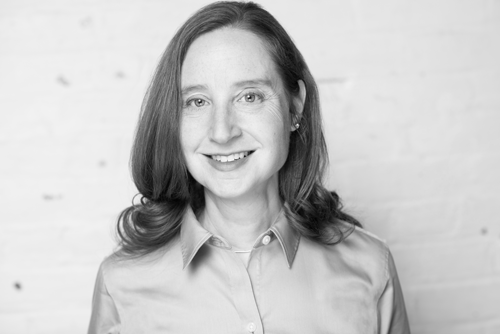
Ellen Pekilis is a lawyer and an independent board director with expertise in governance, risk manage-ment, corporate social responsibility, and strategic planning. She has held senior leadership and man-agement roles in legal and professional services, has global M & A and post-acquisition integration expe-rience, and writes about governance and women in leadership for Women Get On Board and LexisNexis. Currently, Ellen is a member of the boards of the Canadian Agency for Drugs and Technologies in Health (CADTH), Oikocredit Canada, and Endeavour Consulting for Non-Profits. She previously served on the board (Council) of the College of Optometrists of Ontario.
What’s your background?
I started off in environmental law before moving to the Canadian Standards Association (CSA) to work on the ISO 14000 international standards development program. I found it inspirational because not only was it a method that companies could use to voluntarily manage their own environmental impact, but it was a Canadian-driven interna-tional standard. I worked my way up through the ranks to become General Counsel. After almost 20 years at CSA, I wanted to learn something new.
How did you make the transition from being a corporate lawyer to being a corporate director?
Before I left CSA, I started volunteering on the boards of professional groups and charities. I went to a Women Get On Board session where a federal senator in the audience asked, “Why aren’t more people seeking meaningful board opportunities in the regulatory sector?” So, I did. I checked all three levels of government for every available opportunity. I figured out my board value proposition and I matched up the boards that were looking for my skills. I started applying and soon after was appointed to the board of the College of Optometrists of Ontario. It was in-credibly meaningful work. I sat on six committees, chaired two of them, and was very engaged. Then someone from CSA told me that the Canadian Agency for Drugs and Technologies in Health (CADTH) was looking for direc-tors. I applied and was selected.
Are you serving on any other boards at this time?
I’m starting to think about what my board future will be, so I’ve just started working with two new boards: Oiko-credit Canada and Endeavour Consulting for Non-Profits. Oikocredit is the Canadian subsidiary of a Dutch based co-op that does social impact investing. It aligns with my values and lets me use my skills to make a meaningful contribution to society. The other board I am serving on is Endeavour, which is focused on capacity building in the non-profit sector. It’s an important topic and it exposes me to a whole different set of ideas and people.
What have you learned since you started your board journey?
Boards have different flavours and personalities. There is a continuum of boards from operational to strategic. I prefer boards focused on the more strategic end of the continuum. You have to decide what you want from the board equally as much as what the board might want from you. For example, fundraising is a very specific skill re-quired by specific boards like foundations, but it’s not for everyone.
What other advice do you have for women who are just starting their board journey?
Start networking as early as you can in a way that’s comfortable, fun, and genuine. Include people inside and out-side of your vertical so you can get different perspectives. If you’re younger, you may not feel like you have a pathway to leadership experience at your current organization. If you want to start developing leadership skills, you may be able to do that in a charitable board or your professional organization.
For lawyers who want to join boards, it’s really important to focus on developing leadership skills outside the legal vertical. If you are in-house, take opportunities to transfer to a business unit. The three years I spent in standards development were probably the most valuable of my career. Seek out key cross-functional committees such as branding, customer retention, and compensation where you can contribute to non-legal strategic business drivers. No matter what field you are in, develop sufficient financial skills to be able to understand key financial reports.
How has Women Get On Board been helpful to your board journey?
I took one of Women Get On Board’s courses, which I found really helpful. I also started going to their events be-cause the speakers are terrific, and you meet great people. That’s how I started writing the member profile series. I consolidate my thinking by taking notes and wanted to share the seminar learnings from Women Get On Board. I love writing leadership profiles because I get to hear so many stories from other women. You would think that ask-ing similar questions would get repetitive, but every woman has a completely unique story. These people are inspi-rational. I am grateful for the opportunity to celebrate their success and contribute to building a community of women in leadership.
What’s next for you?
I have given myself permission to explore a range of possibilities, which is new and risky for me. As a lawyer, you’re very focused on a defined track. It’s very “go, go, go.” I’ve learned so much about myself since then. I love writing and would like to do more. Going forward, I’d like to identify a board in the energy sector or in the public safety field that could use my background. I am particularly interested in leveraging my skills in corporate social responsi-bility and environment, social and governance (ESG). In my wildest dreams, it would be amazing if that company was led by a woman. Let’s just say that I’m on a journey—and I’m okay with that.
–
By: Rachel Collier
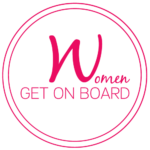
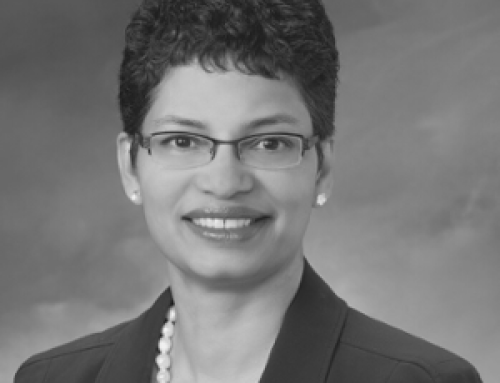
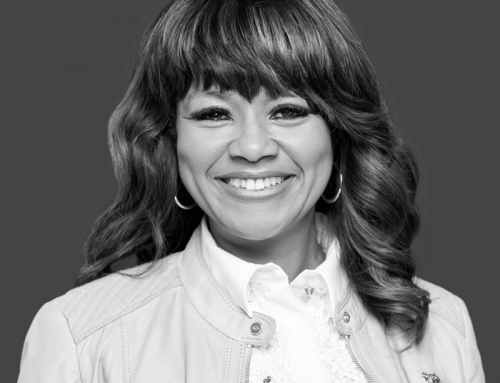
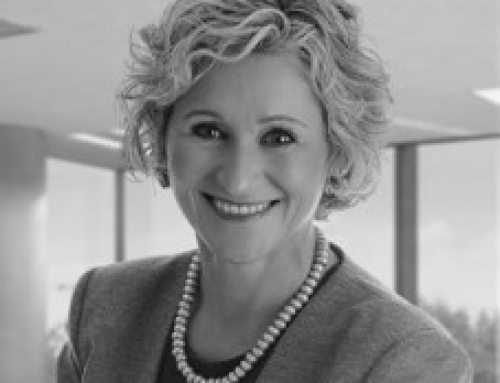
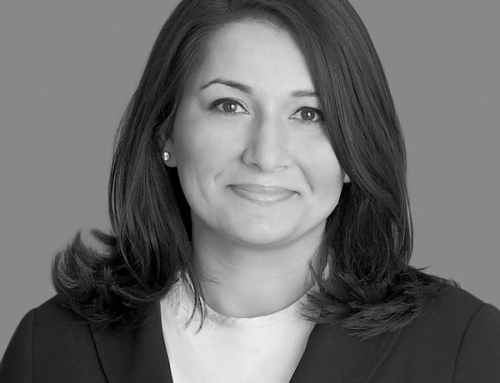
Leave A Comment